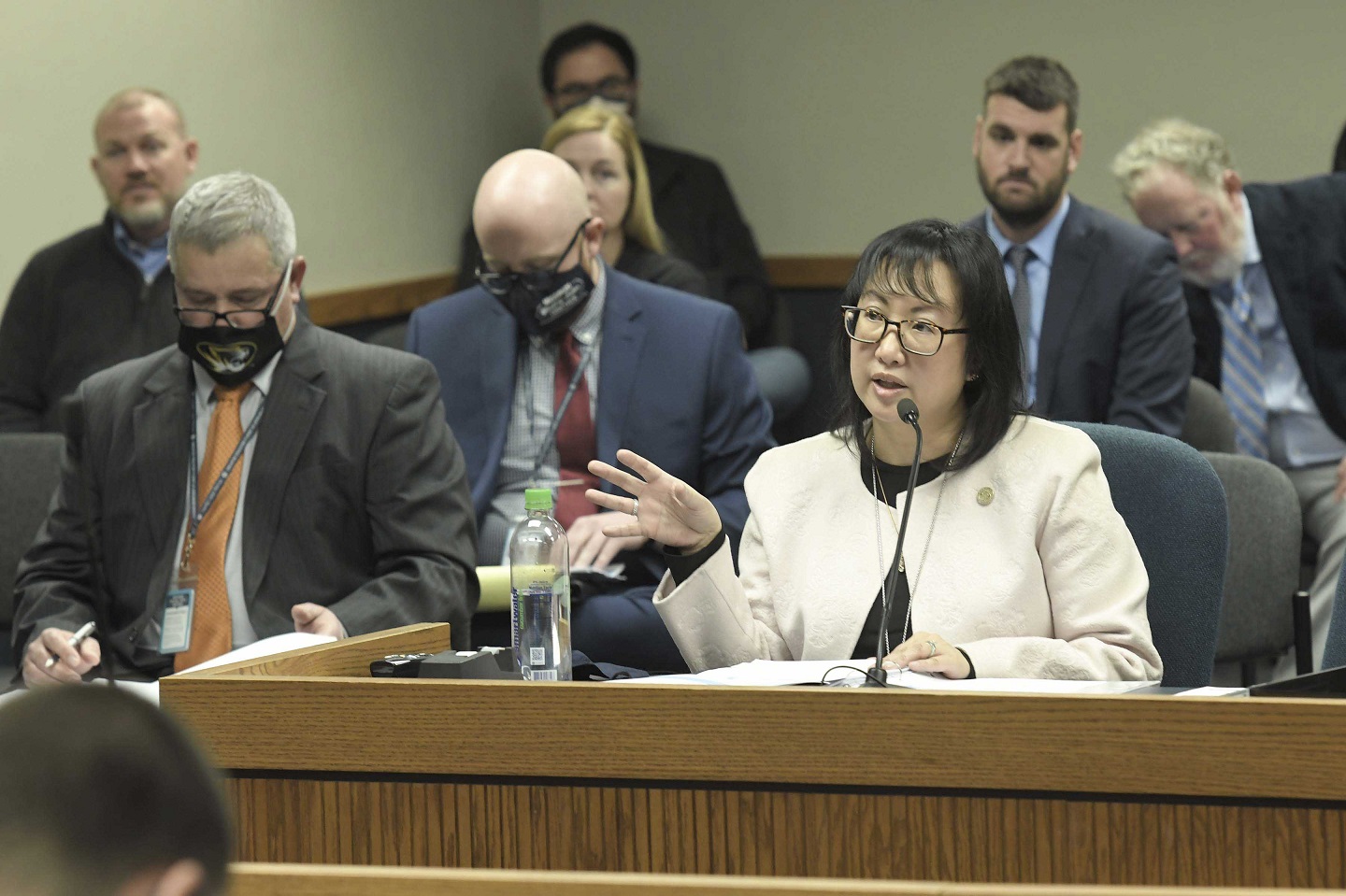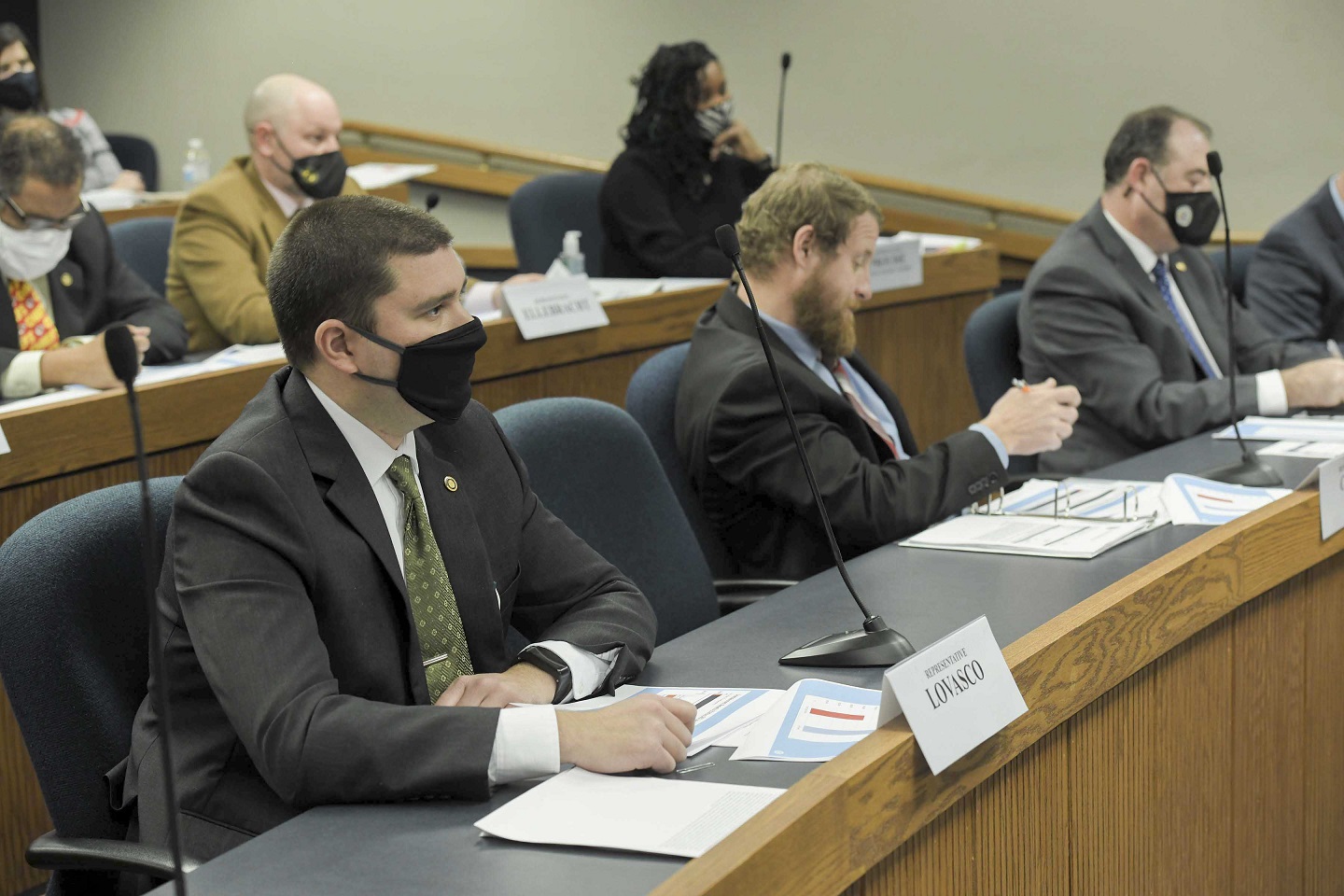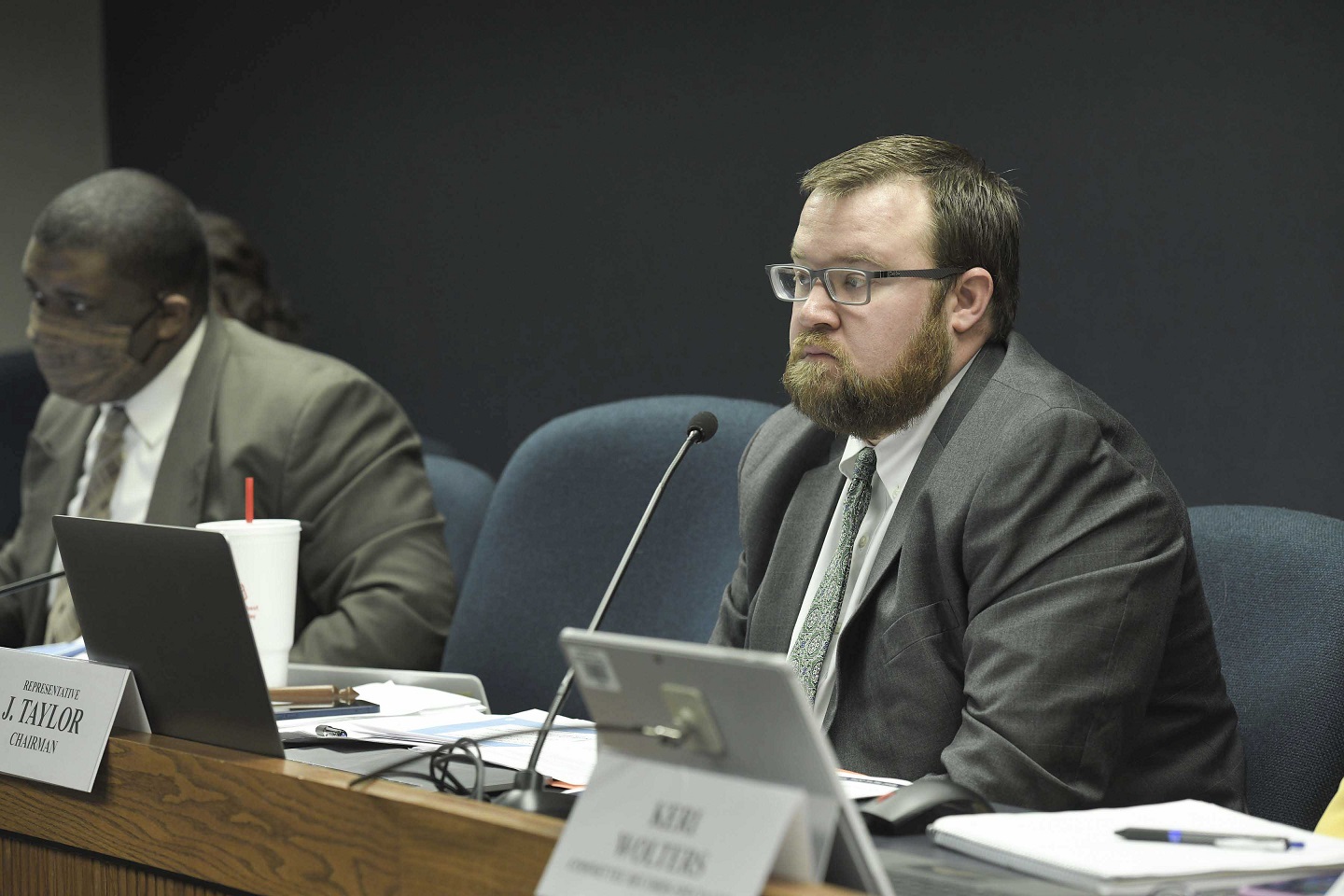July 4 was the 13 year anniversary of the death of 11 year-old Blair Shanahan Lane. Five days later legislation criminalizing “celebratory gunfire,” such as what ended her life, was signed into law.
That signing was the culmination of 13 years of work by a determined mother who responded to the senseless death of a daughter by refusing to give up.
“It’s just what got me out of bed … knowing I could make something happen,” Michele Shanahan DeMoss said after the law bearing her daughter’s name was at long last signed into effect.
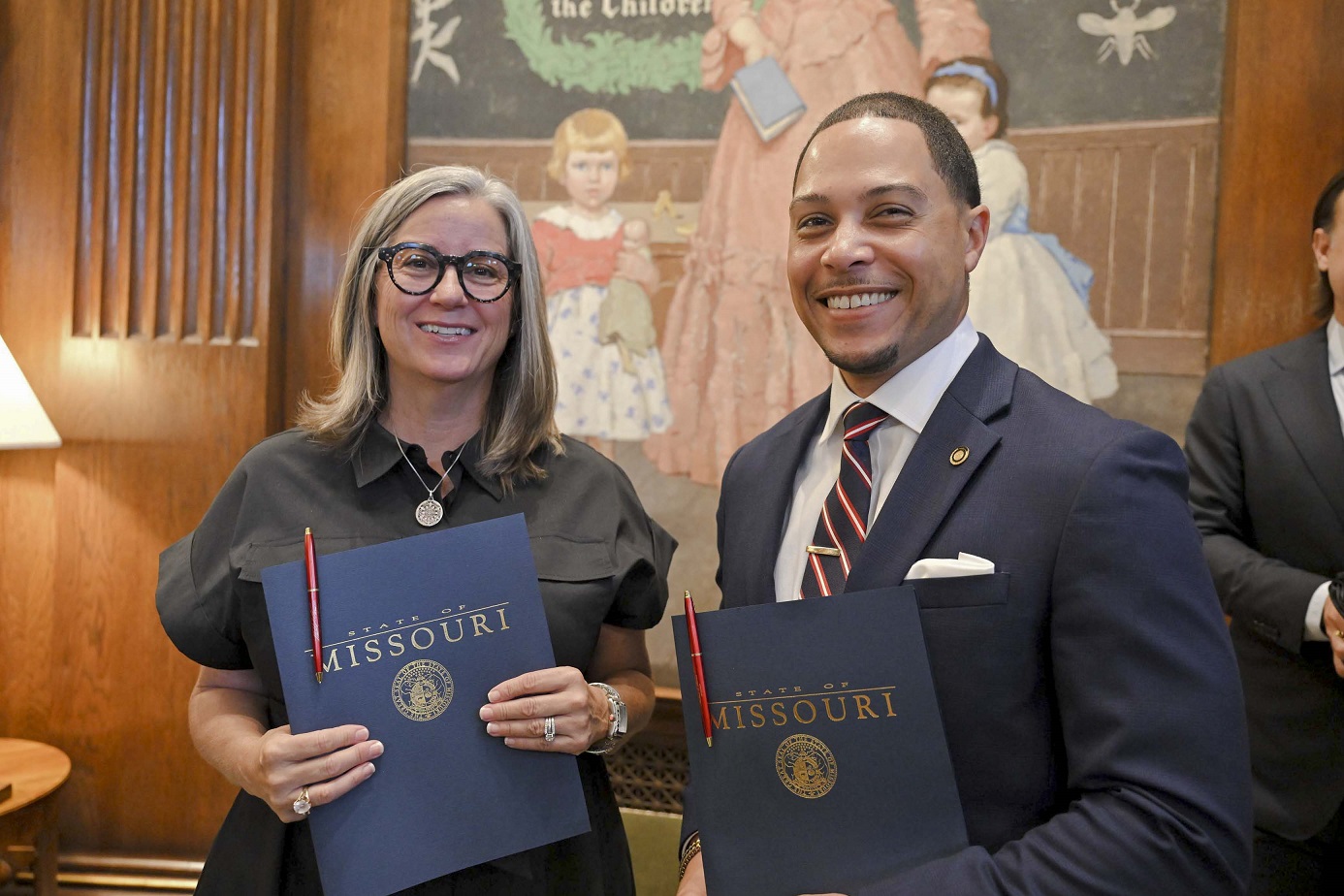
Up to one moment on Independence Day, 2011, Blair, Michele, and the rest of the family were celebrating the holiday and all was normal. The next moment, Blair was suddenly laying on the ground, and what Michele had known as “normal” was ended.
Blair had been struck by one of many bullets fired carelessly into the air by a person at a party more than half a mile away. She died the next day.
The man who fired that gun served 18 months in prison for involuntary manslaughter. There was no state law that addresses what is often called “celebratory gunfire,” until Tuesday when Governor Mike Parson (R) signed Senate Bill 754, which includes “Blair’s Law.”
Blair’s Law makes the unlawful discharge of a firearm within or into the city limits of a community a class A misdemeanor for a first offense, a class E felony for a second offense, and a class D felony for subsequent instances.
It is a change that has received broad, growing, and consistently bipartisan support every year it was proposed. Representative Mark Sharp (D-Kansas City) joined five years ago the list of lawmakers to sponsor it in the House. He said to see it finally signed is a huge relief.
“I had a good chance to see other folks lead the way and lead the charge on Blair’s Law and I picked up where they left off,” Sharp said Tuesday.
Also sponsoring Blair’s Law this year is Representative Sherri Gallick (R-Belton), who was inspired by Michele after meeting her while knocking doors during Gallick’s run for office.
“I am extremely happy for Michele. She did this for Blair to save lives and bring more awareness,” Gallick said.
This year’s version of Blair’s Law was the second to reach the desk of Governor Parson. He vetoed last year’s version, siting objections not with it, but with other provisions within the same bill. Before signing SB 745 yesterday he addressed that action.
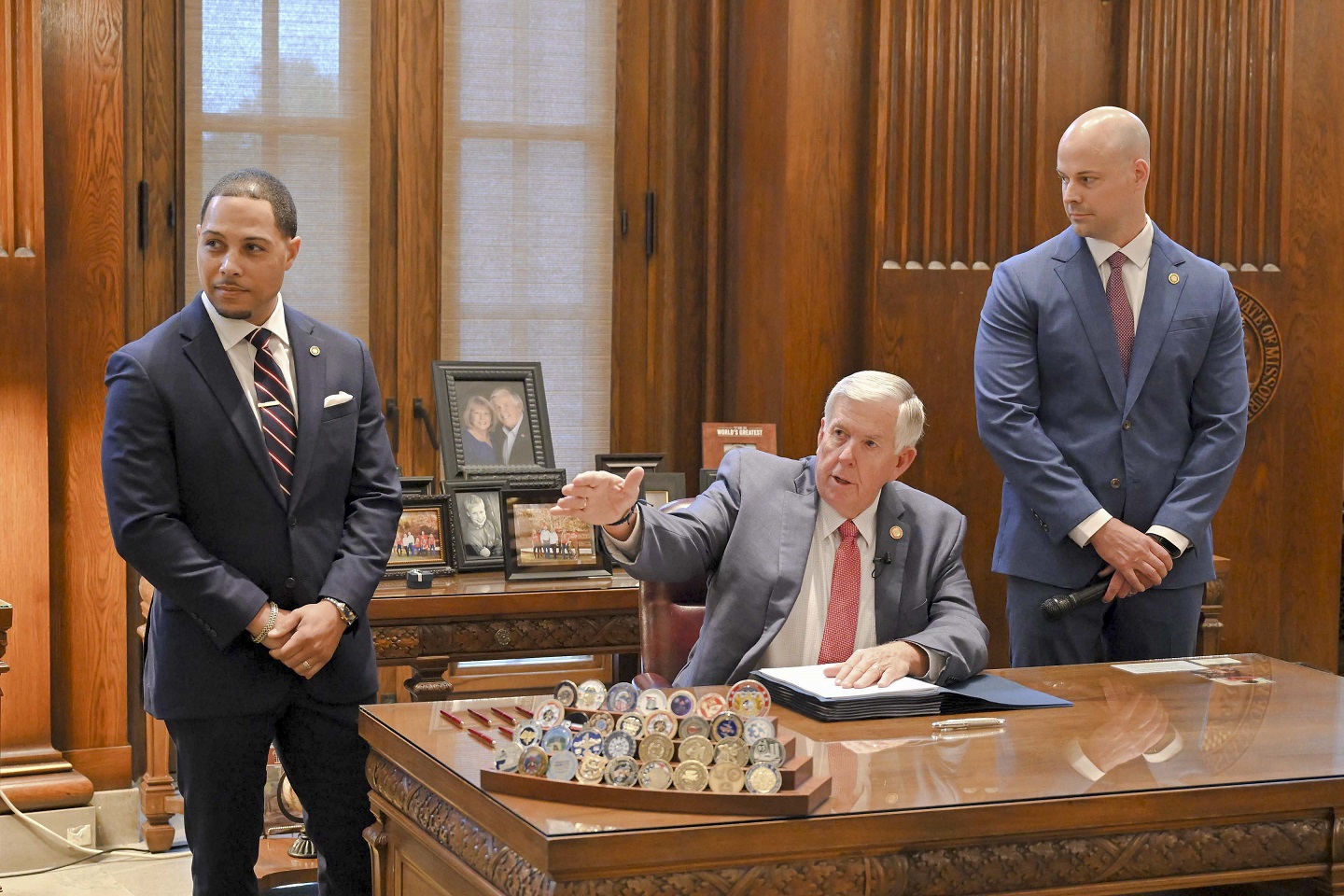
“I’m sure they were disappointed,” Parson said regarding last year’s veto. “I thank you for staying the course to do what is right because you’re going to help somebody else out, and at the end of the day and that’s what we’re all supposed to be doing … and I can tell you I will be very proud to sign this on your behalf today.”
When it was vetoed last year, Sharp and other legislators who had worked on it immediately assured DeMoss that it would be a priority in this year’s session. DeMoss never lost hope and never criticized those involved in the process.
As she, Sharp, and others have observed often, each year that the bill didn’t pass was another year that it was refiled, and each time the attention it received grew. Supporters hope that growing publicity discouraged at least some incidents of celebratory gunfire.
Sharp said in his district and others in the state, however, incidents are still occurring.
Gallick agreed, “Gun ownership is a responsibility. Guns are not toys and they should not be used recklessly to celebrate. We now have stricter penalties.”
The Kansas City Police Department said that during last week’s Independence Day holiday period of 6 p.m. Wednesday to 6 a.m. the next morning, there occurred one casualty incident, four aggravated assaults, and three incidents of property damage, all of which were believed to be related to celebratory gunfire or possibly fireworks. The Department’s Shot Spotter technology, during that period, detected 280 rounds of gunfire within the Kansas City limits. Another 110 reports of shots fired were called in to the Department and 911 dispatchers.
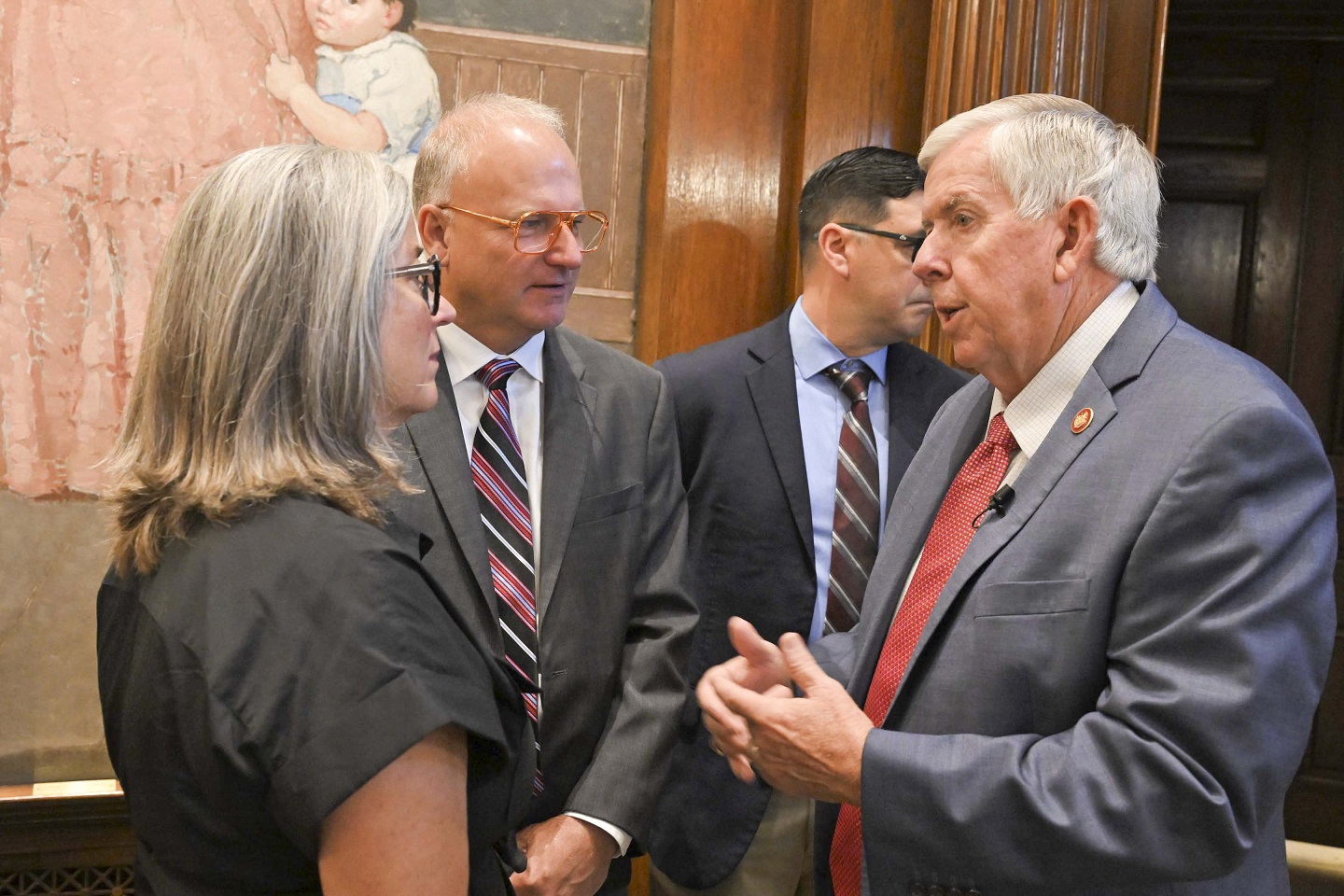
DeMoss said Tuesday that she is not done. She has always felt called to her advocacy, and she does not know where that will lead her next, but she feels sure something is coming.
“I need to get through today and the rest of this week, and maybe the rest of this month,” DeMoss said. “I know that [what’s next] will reveal itself to me. For 13 years it’s got me out of bed so there is something that’s next and I am confident in that.”
During the past thirteen years DeMoss has often said that she talks to Blair, and feels Blair with her, especially as she lobbied for this law. She felt her again on the day of the signing. She noticed something that frequent Capitol goers will recognize: décor in the stairwells with an “M” for Missouri alternating with a Hawthorn blossom, the result of which looks very much like the word “Mom.”
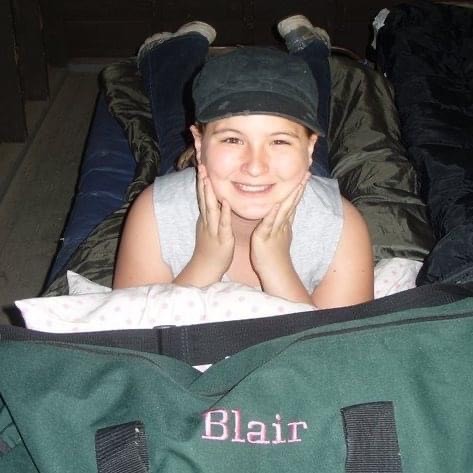


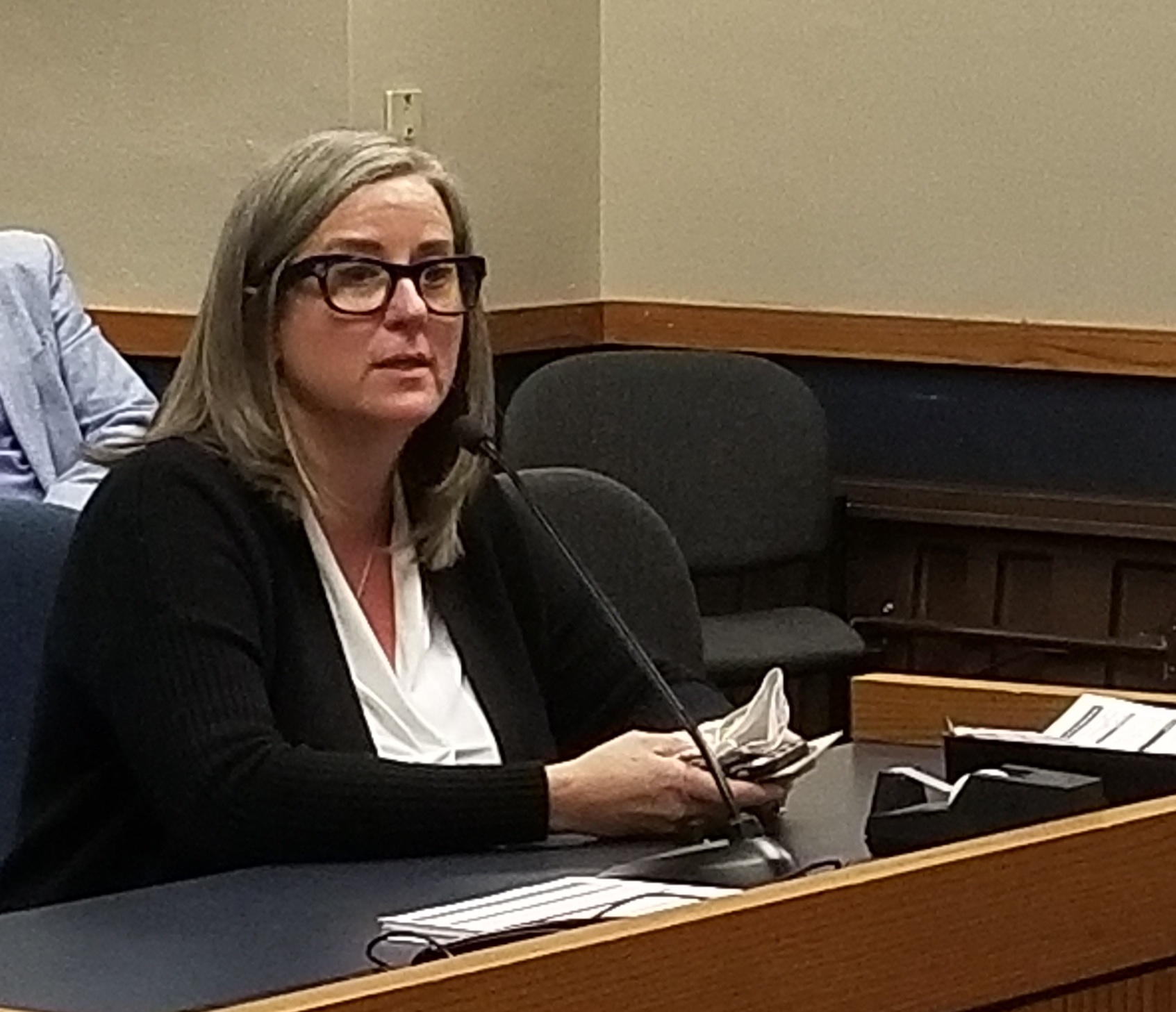








.jpg)









